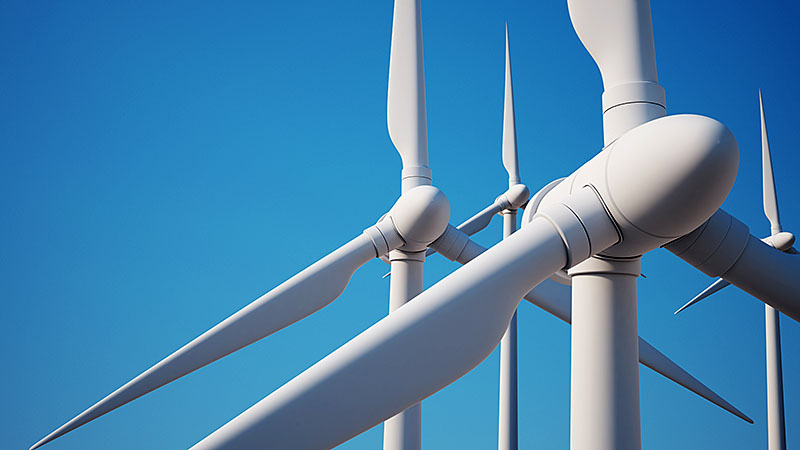
Eco-Friendly Energy Solutions: Low-Impact Power Systems
In a world increasingly focused on sustainability, low-impact power systems stand out as pivotal contributors to a cleaner and greener future. Let’s delve into the various aspects and advantages of these eco-friendly energy solutions.
Defining Low-Impact Power Systems
Low-impact power systems are a category of energy solutions designed with a minimal environmental footprint in mind. These systems prioritize sustainable practices, aiming to reduce negative impacts on ecosystems and natural resources. They encompass a broad spectrum of technologies and approaches, all centered around eco-friendly energy generation.
Renewable Energy Sources as Pillars
At the core of low-impact power systems are renewable energy sources. Solar, wind, hydro, and geothermal power form the pillars of these systems. Unlike traditional fossil fuels, these sources harness the inherent energy of natural elements without depleting finite resources or emitting harmful pollutants. The shift to renewables is fundamental to achieving sustainability goals.
Integration of Energy Storage Technologies
One challenge with renewable sources is their variability. Low-impact power systems address this through the integration of advanced energy storage technologies. Batteries and other storage solutions store excess energy generated during peak times, ensuring a steady and reliable power supply even when the primary sources are not actively producing.
Emphasis on Energy Efficiency
Beyond the type of energy source, low-impact power systems prioritize energy efficiency. This involves optimizing the entire energy generation and consumption process. From the design of energy-efficient buildings to the utilization of smart grids and appliances, every aspect aims to minimize waste and maximize the usefulness of the energy produced.
Discover more about the intricacies of Low-Impact Power Systems at keozanara.my.id to deepen your understanding.
Smart Grids for Real-Time Monitoring
Smart grids play a crucial role in low-impact power systems. These intelligent networks enable real-time monitoring of energy usage, allowing for dynamic adjustments based on demand patterns. The integration of smart grid technologies enhances the overall efficiency of energy distribution, reducing losses and promoting a more responsive and adaptive energy infrastructure.
Decentralized Energy Generation
An essential aspect of low-impact power systems is the concept of decentralized energy generation. This involves producing energy closer to where it is consumed, reducing the need for extensive transmission infrastructure and minimizing energy losses during transportation. Decentralization enhances energy resilience and fosters community engagement.
Environmental Benefits and Conservation
The environmental benefits of low-impact power systems are profound. By relying on renewable sources, these systems contribute to reduced greenhouse gas emissions, improved air and water quality, and overall conservation of ecosystems. The emphasis on environmental responsibility aligns with global initiatives to combat climate change and preserve biodiversity.
Economic Viability and Job Creation
Contrary to misconceptions, low-impact power systems offer economic advantages. The renewable energy sector is a growing industry that creates job opportunities and stimulates economic development. Investments in green technologies not only benefit the environment but also contribute to a sustainable and prosperous economy.
Community Involvement and Empowerment
The transition to low-impact power systems often involves community involvement and empowerment. Initiatives like community solar projects or local wind farms allow communities to actively participate in sustainable energy production. This engagement fosters a sense of ownership, pride, and shared responsibility for environmental stewardship.
Challenges and Ongoing Innovations
While low-impact power systems have made significant strides, challenges persist. Variability in renewable energy production, energy storage limitations, and initial infrastructure costs are among the hurdles. Ongoing innovations, research, and governmental support are essential to overcoming these challenges and further advancing the adoption of eco-friendly energy solutions.
Conclusion: A Greener Tomorrow
In conclusion, low-impact power systems represent a transformative shift towards sustainable and eco-friendly energy solutions. With a foundation built on renewable sources, energy efficiency, and community involvement, these systems offer a path to a greener and more sustainable tomorrow. Explore the possibilities of Low-Impact Power Systems at keozanara.my.id and be part of the journey towards a cleaner and brighter future.


